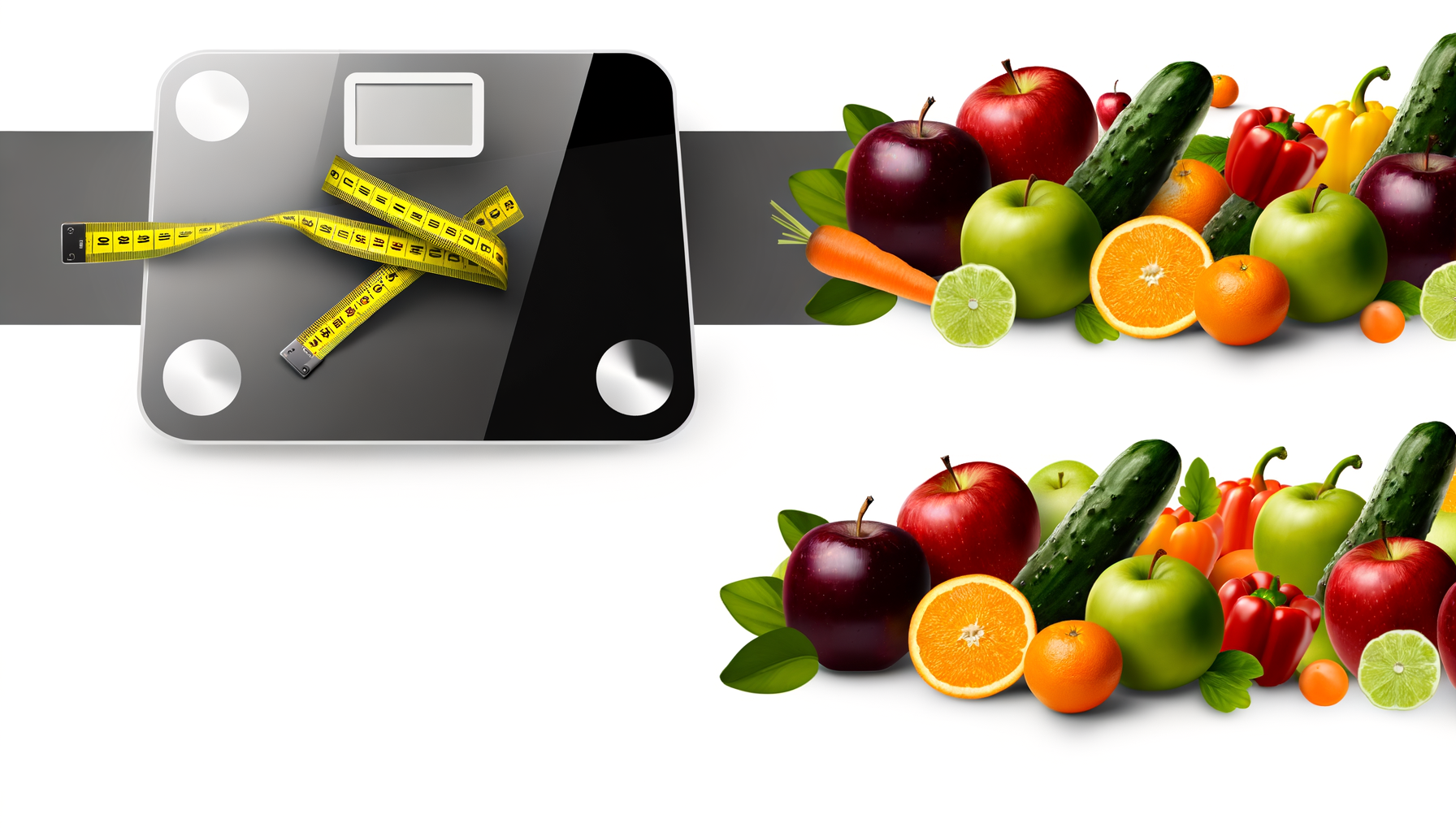Set Realistic Calorie Goals for Weight Loss on Your WordPress Site
For many individuals, achieving weight loss is a significant goal that requires careful planning and commitment. One of the most effective ways to support this journey is by setting realistic calorie goals, which can be both motivating and practical. In the digital age, fitness and nutrition blogs play a crucial role in providing valuable insights and tools, such as calorie calculators, to help visitors achieve their health objectives. If you are running a fitness blog on WordPress, incorporating a calorie calculator plugin can transform your site into a go-to resource for nutrition planning and fitness advice.
Why Calorie Calculators Matter for Weight Loss
Calorie calculators are essential for weight loss because they help users understand how many calories they should consume daily to achieve their goals, whether it's weight loss, maintenance, or gain. These tools typically use formulas like the Mifflin-St. Jeor equation, which considers factors such as age, sex, weight, height, and activity level to estimate basal metabolic rate (BMR) and daily calorie needs basal metabolic rate (BMR). By providing personalized calorie recommendations, these calculators empower users to make informed dietary decisions.
Benefits of Integrating Calorie Calculators into Your WordPress Site
Integrating a calorie calculator into your fitness blog offers several benefits:
- Engagement: Visitors are more likely to engage with your site if they find interactive tools that help them achieve their health goals.
- Lead Generation: By providing valuable resources like calorie calculators, you can attract more visitors and encourage them to sign up for newsletters or follow your blog for more health tips.
- Authority: Offering a reliable calorie calculator positions your site as an authority in the health and fitness space, enhancing your credibility and trustworthiness.
For instance, the WP Calorie Calculator plugin is designed to be user-friendly and customizable, allowing you to integrate it seamlessly into your WordPress site. This plugin uses the Mifflin-St. Jeor formula to provide accurate calorie recommendations based on user input like age, weight, and activity level, making it a valuable resource for your audience.
Setting Realistic Calorie Goals
Setting realistic calorie goals is crucial for successful weight loss. Here are some steps to help you and your users set achievable goals:
- Assess Current Calorie Intake: Use a calorie calculator to determine daily calorie needs based on activity level and goals.
- Set Specific Goals: Decide whether the goal is weight loss, maintenance, or gain, and set a realistic timeframe for achieving it.
- Monitor Progress: Regularly track calorie intake and weight changes to adjust the diet plan as needed.
Additionally, understanding the concept of calorie deficit is important for weight loss. A calorie deficit occurs when the body burns more calories than it consumes, leading to weight loss. The Calorie Deficit Calculator plugin can help users determine how much of a calorie deficit they need to achieve their weight loss goals.
Real-World Examples of Successful Calorie Goal Setting
Consider the example of a fitness blog that integrated a calorie calculator and saw a significant increase in engagement and lead generation. By offering personalized calorie recommendations, the blog became a trusted resource for visitors seeking health advice. This not only increased the blog's traffic but also helped users achieve their weight loss goals more effectively.
Another example is a nutritionist who used the WP Calorie Calculator to provide clients with tailored dietary plans. This approach allowed the nutritionist to offer more personalized services, enhancing client satisfaction and loyalty.
Implementing Calorie Calculators on Your WordPress Site
Implementing a calorie calculator on your WordPress site is straightforward. Here’s how you can do it:
- Choose a Plugin: Select a reliable calorie calculator plugin like the WP Calorie Calculator or Formidable Forms, which offer customizable features and easy integration.
- Install the Plugin: Follow the standard WordPress installation process by uploading the plugin files or installing directly from the WordPress dashboard.
- Configure the Plugin: Customize the plugin settings to fit your site's design and user experience. This may include adding input fields for age, weight, and activity level.
- Embed the Calculator: Use shortcodes to embed the calculator on relevant pages or posts, ensuring it is visible and accessible to visitors.
For detailed customization options, consider exploring the pricing plans of the WP Calorie Calculator to see which features align best with your site's needs.
Enhancing User Experience with Interactive Tools
In addition to calorie calculators, incorporating other interactive tools can further enhance user experience and engagement on your site. Consider adding features like workout planners, nutrition quizzes, or meal planning tools to provide a comprehensive health and fitness resource.
For instance, Formidable Forms offers a versatile form builder that can be used to create custom quizzes and surveys related to fitness and nutrition, allowing visitors to engage more deeply with your content.
Conclusion and Next Steps
Setting realistic calorie goals is a crucial step in achieving weight loss, and integrating a calorie calculator into your WordPress site can be a powerful tool to support this process. By providing personalized calorie recommendations and engaging interactive tools, you can attract more visitors, build trust, and establish your site as a leading resource in the health and fitness industry.
To get started, explore the WP Calorie Calculator and other plugins like Formidable Forms to find the best fit for your site. Don't miss out on the opportunity to enhance your blog's functionality and attract more health-conscious visitors by incorporating these valuable tools.
For more insights on how to leverage WordPress plugins for health and fitness blogging, check out other resources like weight loss plugins and calorie calculator tools available online.
Lastly, consider visiting A Calculadora for more tools and resources related to nutrition and fitness, and explore articles on Harvard Health Publishing for in-depth health information.











